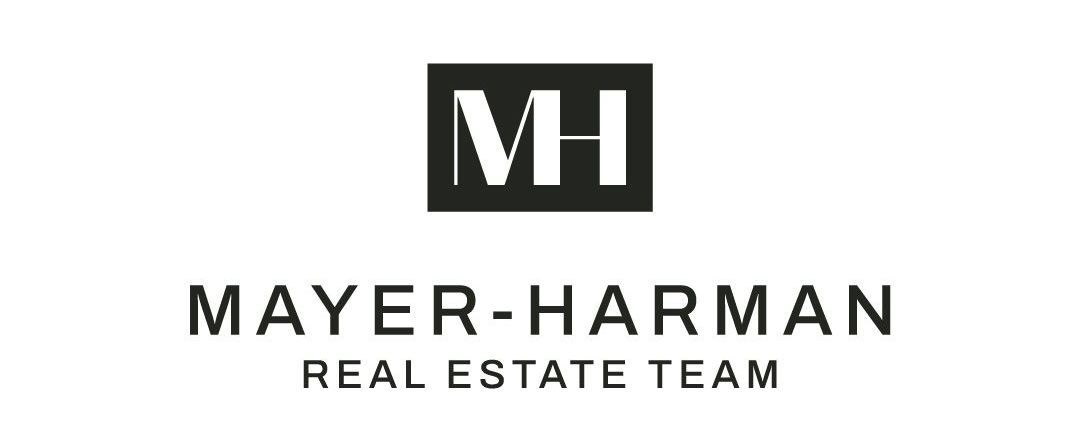More Homes Built Faster is Just an Act
The Ford Government's proposed legislation gaslights Ontarians and relies on trickle-down economics
Background
The "Good"
There is no arguing that the Act attempts to encourage the creation of more affordable housing by offering exemptions from specific fees for affordable and non-profit units. The More Homes Built Faster Act also eliminates the need for sight plans for small developments (fewer than ten units). It standardizes the rent or price of affordable units to 80% of market value. But don't be fooled. Yes, they talk about affordable housing, but there is more talk about 'attainable housing,' which has yet to be defined.
Additionally, they are limiting requirements for affordable units to 5%, with a maximum commitment of 25 years. Twenty-five years might seem like a long time, but when we are talking about a long-term, sustainable, affordable housing plan, 25 years is far too short. Many other comparable legislations across the country set the limit at 99 years.
Another move the proposed legislation makes is a shift in the municipal approval-making process. This means, for example, giving the City of Brampton control instead of the Region of Peel. Giving lower-tier municipalities control over their approvals should hopefully speed things up, but more importantly, give municipalities more input and control over what is happening in their communities.
The Ontario Land Tribunal (OLT) is considerably backlogged with cases. The Act proposes that cases be prioritized based on whether they will help create more housing, that timelines and expectations are set for the OLT regarding stages of a claim, and the limitation of third-party appeals. The intention is to speed up the processes involved with the OLT; whether it will do so remains to be seen, and it may come to the detriment of third parties such as community groups.
The best part of the More Homes Built Faster Act is the consumer protection it offers when purchasing a home in a planned development. We have all heard stories about friends or relatives who have put down a deposit on a home or condo, only to have the builder back out and take their money with them. Fortunately, the proposed legislation includes significantly higher penalties in this and other similar situations, including dramatically increased fines, licensing suspensions or revocations, or possible jail time. In these scenarios, some money from fines will be paid back to the victims.
The Bad
The term gentle density sounds, well, gentle. It means removing restrictions and allowing homeowners to have up to three rental units on one piece of residential property: two in the primary building and one in a secondary structure. This Act would supersede municipal bylaws that prohibit these units. Not a bad idea, right? They have also removed the requirements for minimum floor space for a residential unit and conditions for more than one parking space per unit. This will lead to severe problems down the line, from tiny, unliveable spaces, to increased pressure on local infrastructure.
Heritage Sites are going to be more challenging to protect. The More Homes Built Faster Act repeals previous legislation preventing Heritage Sites' removal or demolition. Municipalities must post their register of Heritage Sites online including their list of un-designated Heritage Sites. Any un-designated sites must be evaluated, designated, or removed from the register (losing any protections). Additionally, the Minister of Municipalities and Housing can review and change the status of a Heritage Site for any reason, regardless of when it was designated.
Lastly, Site plan approvals have historically included at least some measure of the aesthetic. This process is now only focused on health and safety to speed up the approval process. For subdivision approvals, public meetings are no longer required to approve a draft plan. And the Minister has the power to enact regulations when established rental housing is going to be demolished or converted during redevelopment.
The Ugly
Green space is an integral part of any community. The benefits are well-researched. However, it seems like the More Homes Built Faster Act is minimizing green space in favour of more housing. Parkland fees for developers have been capped, and the maximum amount of land required for parkland has been capped and is even less for high-density housing. Municipalities must spend or allocate 60% of their reserve funds each year. Developers can now decide what part of the land they want to be used for parks. These changes will take a heavy toll on parks and green spaces in new communities, having long-term repercussions for residents.
Parkland fees aren't the only community-based fees for developers that are taking a hit. Community benefits and development charges are also being capped. 'Attainable housing,' which has yet to be defined, will be exempt from these fees, as are affordable housing and non-profit housing. Also, fees will no longer include the costs of studies, including the background studies needed (or were needed) to green-light development. There is also a discount for purpose-built rental units. Great incentives for developers, but who will cover the costs that municipalities won't have the money for? Premiere Ford and Minister Clark seem to think these savings will trickle down to home buyers, but there's a missing link. Where is the money going to come from to upgrade and maintain infrastructure?
Finally, let's talk about conservation and the environment. Provincial lands are to be used for development. Building in wetlands will not be required if it is part of a planned development. Conservation authorities will be limited to commenting on natural hazards and flooding as part of the planning process, preventing them from considering factors like pollution control and land conservation. Yes, housing needs to be built, but at what cost to our natural resources?
The Good News
The good news is that More Homes Built Faster is only a bill, and it's only on its first read in the legislature. For a bill to become law, it must go through multiple stages in Ontario. It starts with the first reading and then goes to a committee. The committee reviews it and can take things like expert opinions, witness or impact statements, or peer-reviewed studies into account before they make suggested changes and vote on whether it will be reported to the house. If they vote yes, the revised Bill is reported and ordered for a third reading. The third reading is the final version of the Bill, which is then debated and voted on. If it passes, it receives Royal Assent from the Lieutenant Governor and becomes law.
We are a long way from there.
The housing crisis is a real problem. But an issue decades in the making will not have a quick fix. It's also not as simple as 'just build more houses.' This plan tells Ontarians that the problem is just that there haven't been enough houses built since the 90s instead of addressing the real issues of poverty, homelessness, and social welfare. Unfortunately, when you look at the problem from a place of privilege and refuse to take other people's views into account, you end up with solutions like this one.
So speak up, Ontario! Tell your MPPs what you think about this Bill. Share your opinions on social media. Talk about it with your friends and your family.
Because every single voice matters.








"The Mayer-Harman Team does a lot of great in the community. They give out 100s of free gingerbread houses to families in the community and hold a gingerbread house contest."